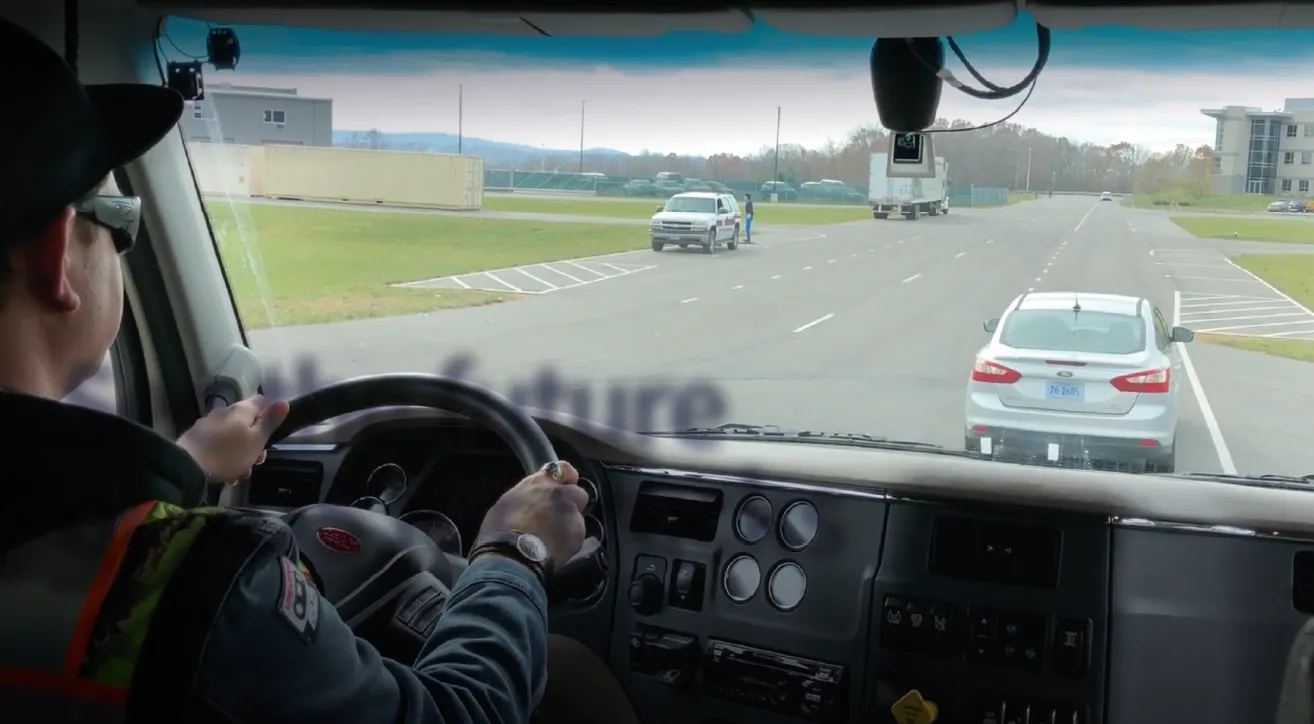Commenting on the UK Department of Transport announcement regarding trialling of platoons of self-driving lorries on England's motorways, independent road safety charity is advising there must be more reassurances on issues such as cyber attacks as well as basic road safety needs such as telling other drivers which trucks are in the platoon.
The trial, due for 2018, will see up to three lorries travel in automated convoys which will be controlled by a driver in the lead vehicle in a bid to cut congestion and emissions.
Cybercrime was the top concern in a 2016 IAM RoadSmart member poll pm driverless vehicles.
Neil Greig, IAM RoadSmart director of policy and research, said motorways are the safest roads and that record must not be jeopardised by any rush towards autonomous technology. The pilot study may answer these questions but car and motorbike users will need a lot of reassurance that the systems will not block the inside lane with an extra-long ‘wall’ of trucks.
He added: “The technology exists to implement platooning but in the real world it must deliver real economic benefits to outweigh our safety worries. How will other drivers know which trucks are in a platoon? Will the sight of tailgating trucks be a distraction? Can we still use slip roads and view important roadside signs clearly?
“The public quite rightly also have real concerns in the light of current terrorist attacks and the rise in cybercrime generally. These are all genuine questions in people’s minds that need to be answered by the trial.”
Drivers ‘need reassurance on safety, cybercrime and terrorism if truck platoons are to deliver’
Commenting on the UK Department of Transport announcement regarding trialling of platoons of self-driving lorries on England's motorways, independent road safety charity is advising there must be more reassurances on issues such as cyber attacks as well as basic road safety needs such as telling other drivers which trucks are in the platoon. The trial, due for 2018, will see up to three lorries travel in automated convoys which will be controlled by a driver in the lead vehicle in a bid to cut congestion an
August 29, 2017
Read time: 2 mins








